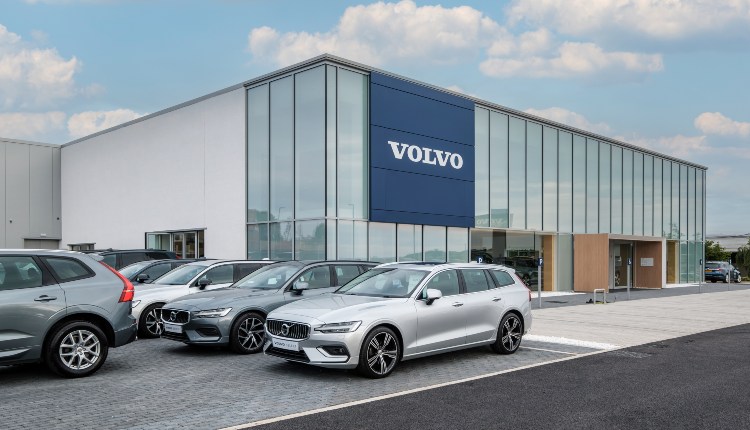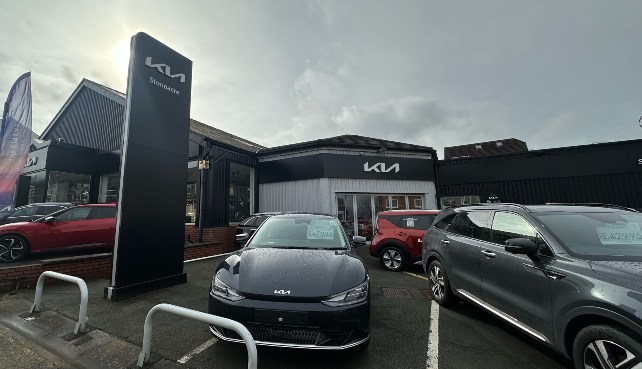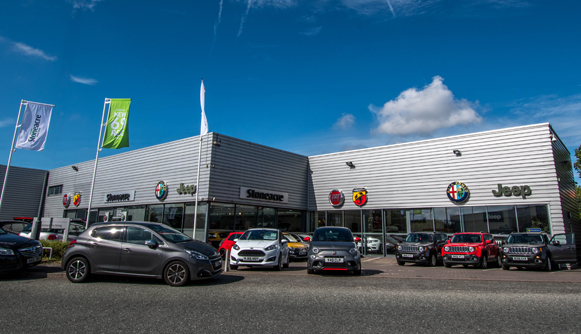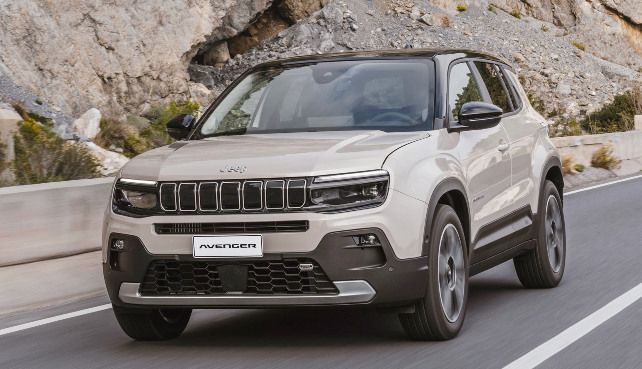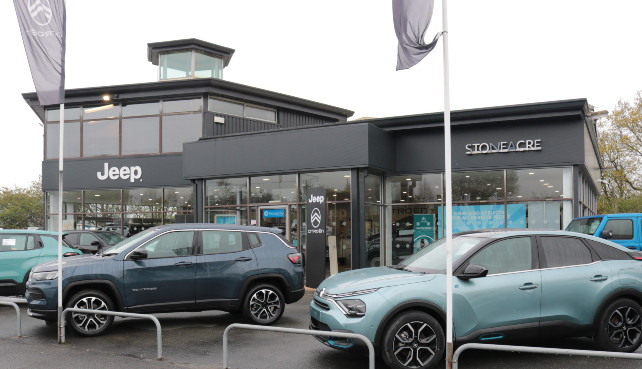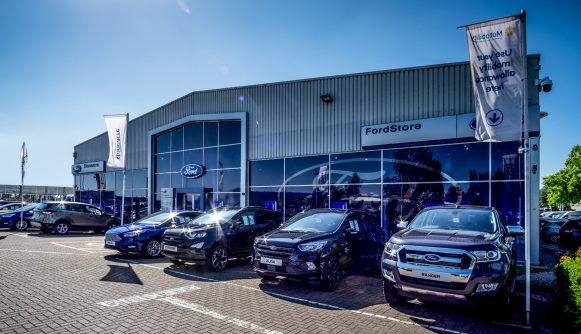Electric Car Service
Book an Electric Car Service
Book an electric vehicle service at your nearest Stoneacre Service Centre.
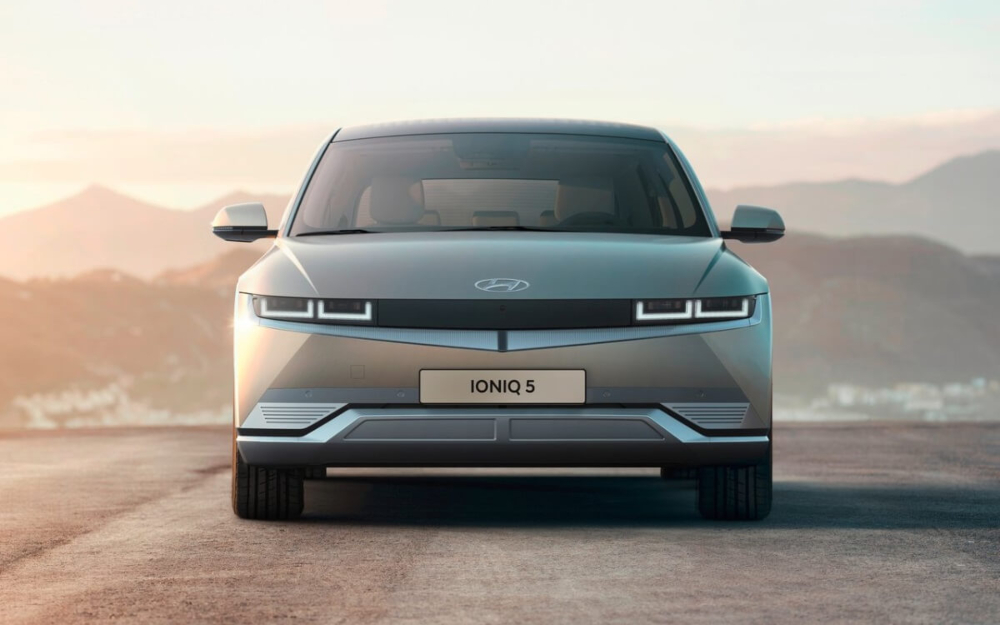
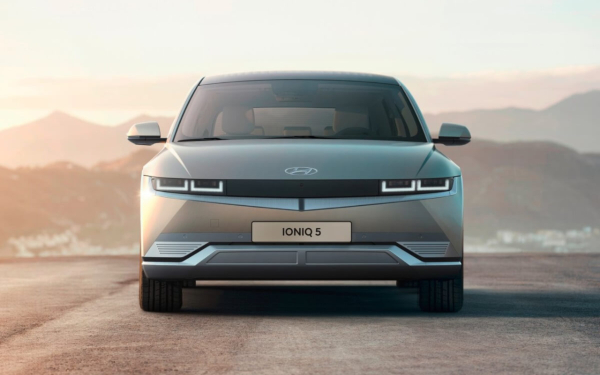
Stoneacre Electric Car Service
Here at Stoneacre, we provide electric vehicle servicing across England and Wales, carried out by specialist technicians trained to work on electric vehicles.
Our technicians are certified to handle high-voltage systems and electric drivetrains, using the correct equipment and following manufacturer standards.
With over 40 service locations nationwide, it’s easy to access manufacturer-approved servicing for your vehicle at a location that’s convenient for you.
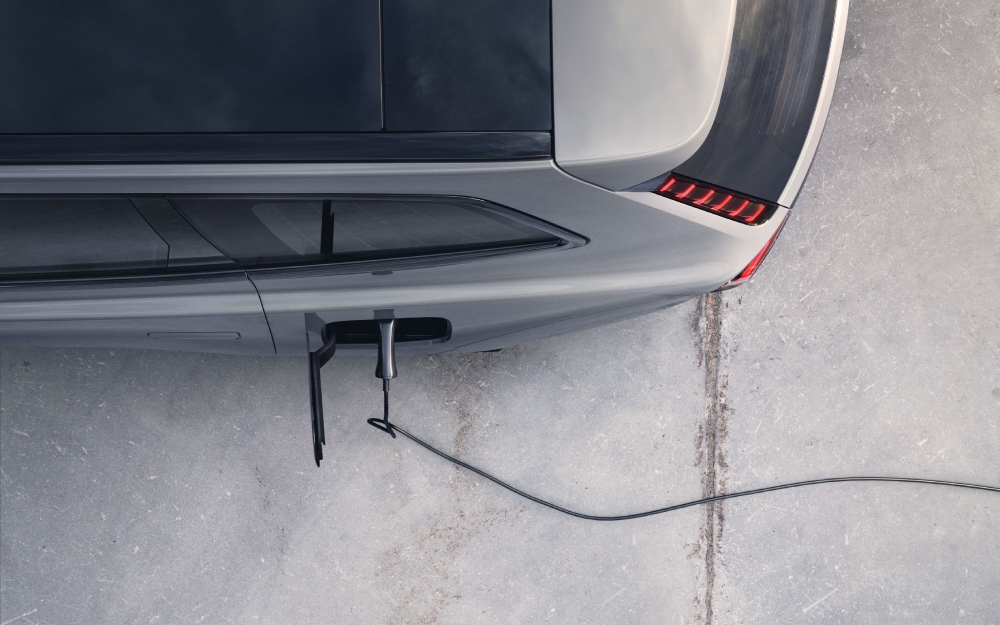
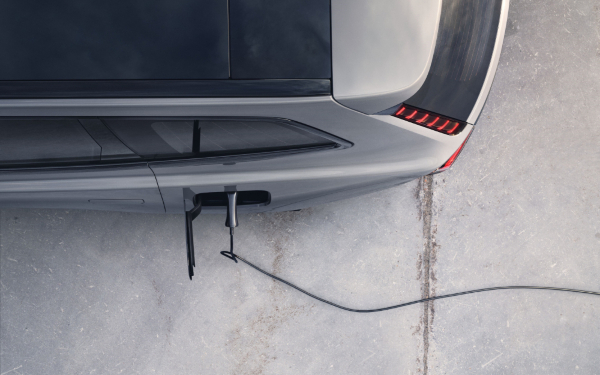
What's Included in an Electric Car Service?
Electric vehicles do not require oil changes or spark plugs, but they rely on complex electrical systems. Regular servicing protects your battery and keeps you moving.
Our service includes inspections of steering, suspension, brakes, wheels and tyres, with regenerative braking systems checked to ensure they are functioning correctly.
High-voltage systems are inspected, battery health is assessed and onboard diagnostic checks are carefully carried out to maintain overall performance and safety.
Charging cables and connections are inspected for wear and tear, while specialist diagnostic equipment allows us to accurately assess the vehicle’s electrical systems.
Electric Car Service Costs
EV service and repair costs can be 20–30% lower than those for a petrol or diesel car. With fewer mechanical components, there is often less wear.
Electric vehicles do not require engine parts such as oil filters or exhaust systems. However, specialist diagnostics and high-voltage inspections remain essential.
Service pricing depends on your vehicle’s make, model, age and mileage. Enter your registration and mileage into our online booking tool to receive a tailored quote.
Servicing your vehicle in line with manufacturer guidelines also helps protect your warranty. Applicable parts will be covered in accordance with warranty terms.
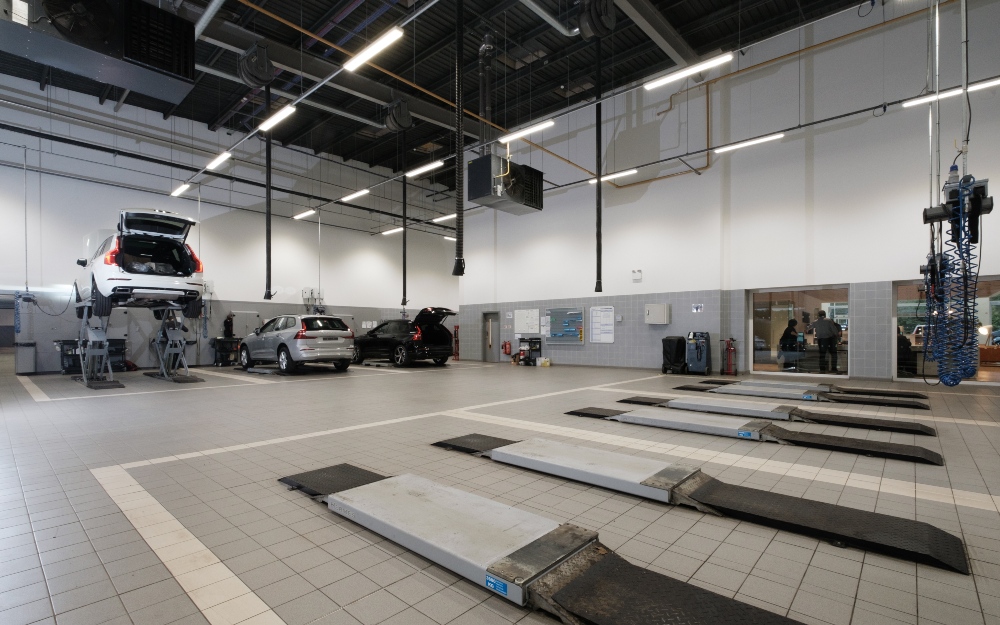
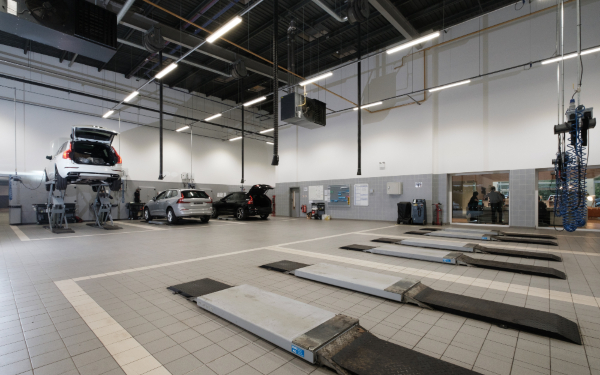
How Often Should You Service an Electric Car?
Most electric vehicles require servicing every 1–2 years or between 10,000 and 20,000 miles, depending on the manufacturer’s recommended schedule.
Some vehicles may allow up to two years before their first service, but check your handbook to confirm the correct interval. Service reminders may vary by model.
Keeping to the recommended interval supports long-term reliability and warranty protection. Regular servicing ensures your vehicle continues to operate safely.
Book Your Electric Car Service
When you are ready to arrange your electric car service, use our online booking form. Enter your registration number and mileage to see what options are available.
We offer Scheduled, Full and Major servicing depending on your vehicle’s needs and service history. Our team can help you choose the right option for your vehicle.
Our manufacturer-approved technicians work to high standards using specialist EV equipment. This ensures your vehicle receives the appropriate level of care.
If you would like further information before booking, our Aftersales team is available to assist. Contact your nearest Stoneacre service centre to find out more.
Electric Car Service Centres
Do Electric Cars Need an MOT?
All cars, including EVs, require an MOT once over three years old. This annual inspection ensures your vehicle meets safety standards and is safe to drive.
Booking an electric car MOT at Stoneacre ensures your vehicle is tested to high standards. Our trained EV technicians understand your vehicle inside and out.
If maintenance is required, we will explain any issues clearly and only carry out repairs with your approval. All work follows manufacturer guidelines using approved parts.





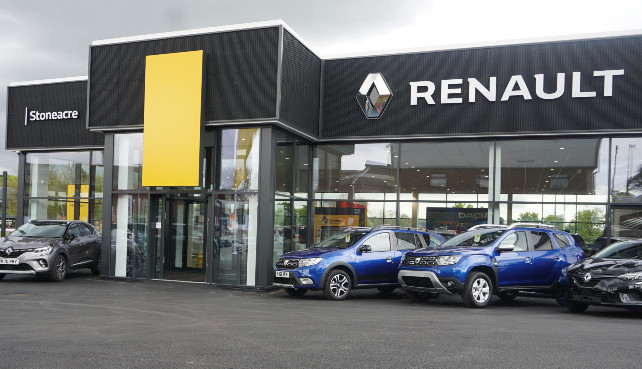
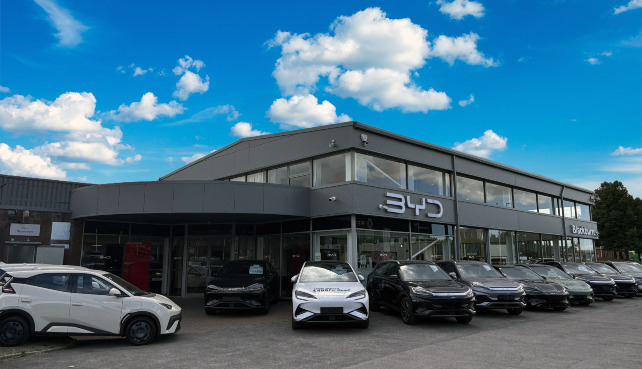
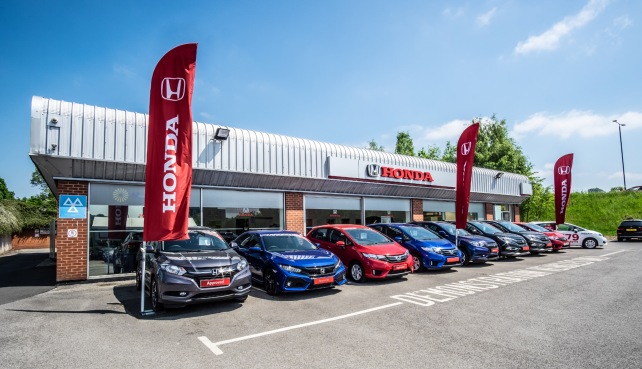
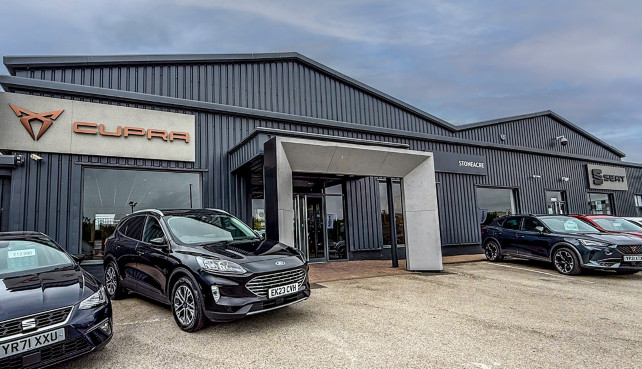
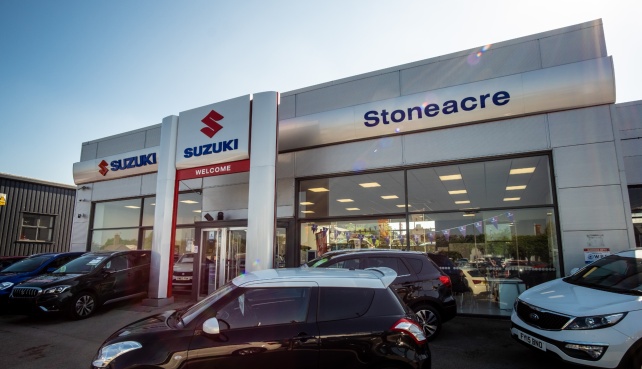
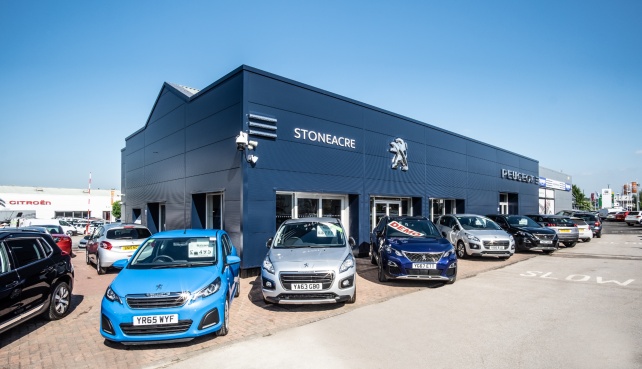
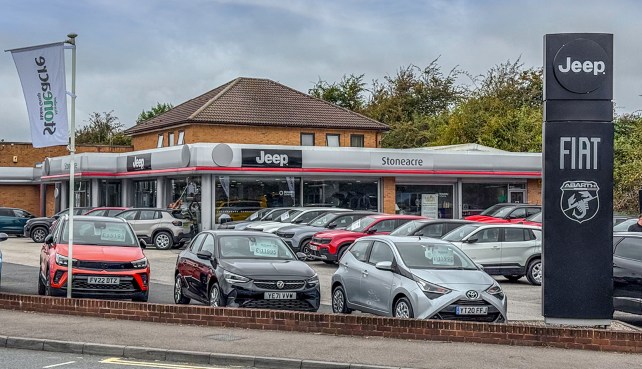

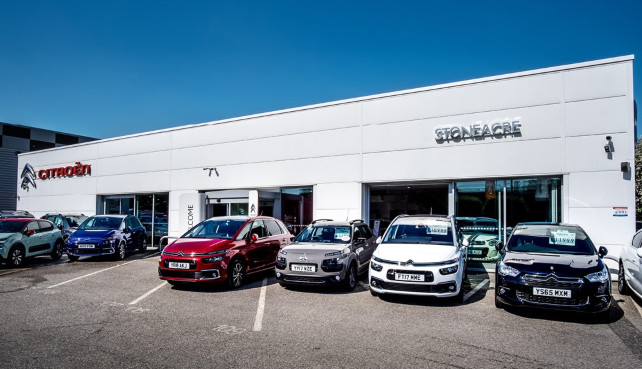
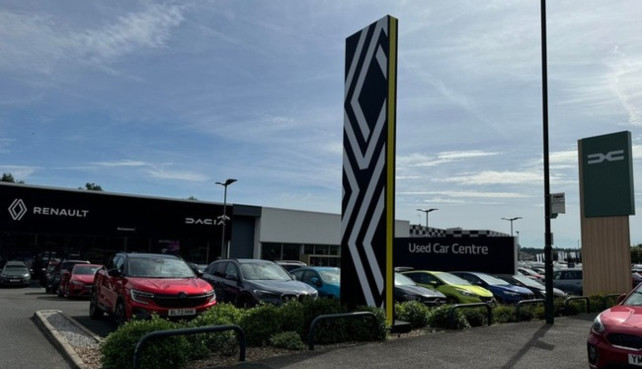
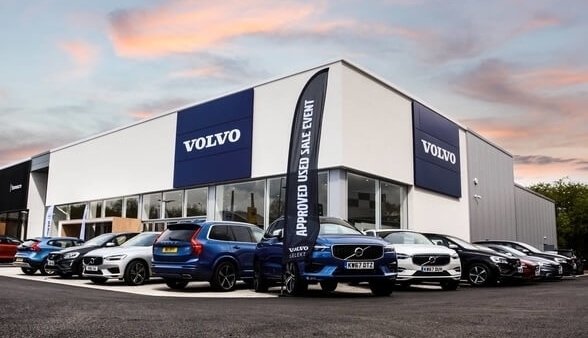

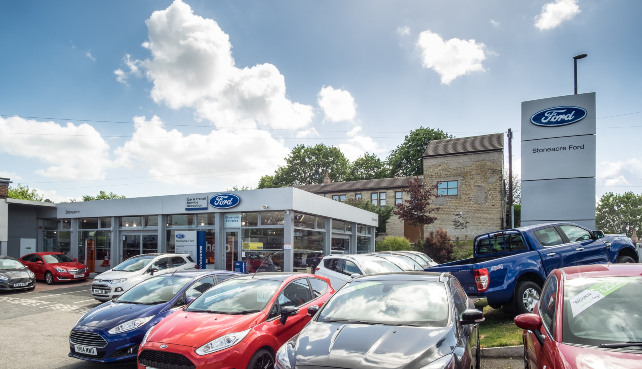
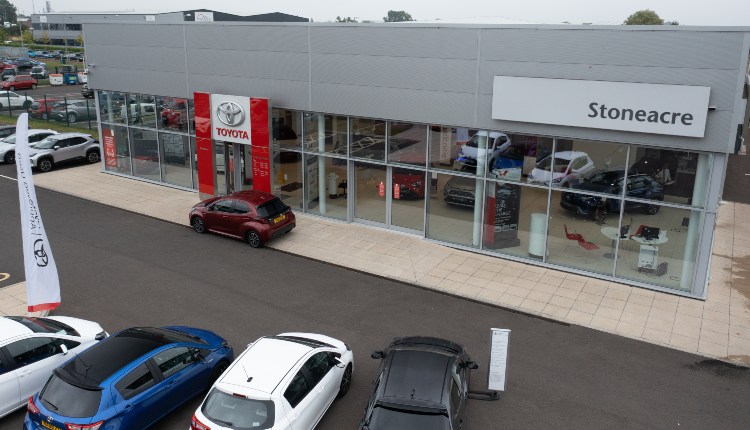

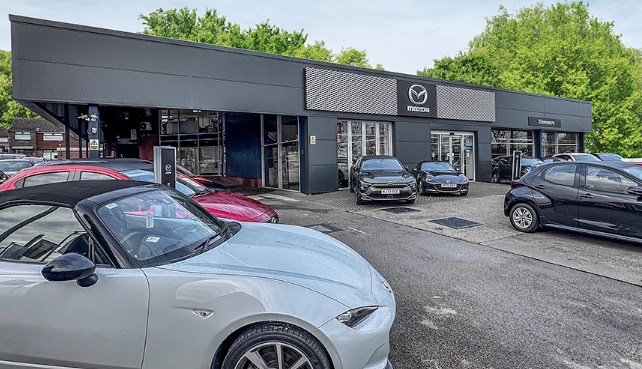


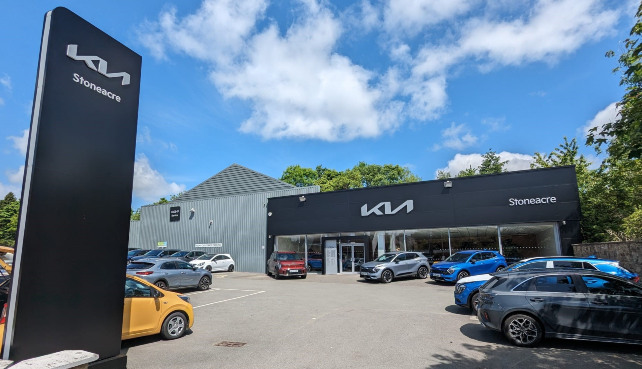
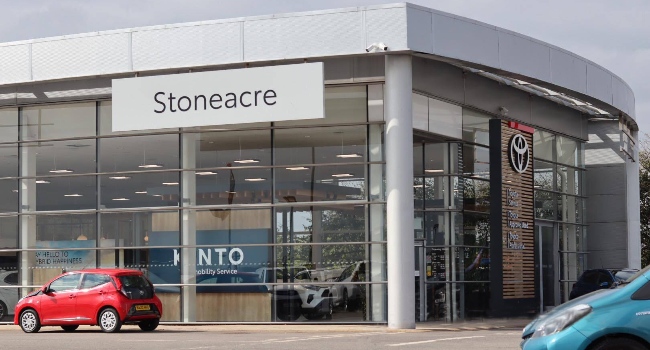
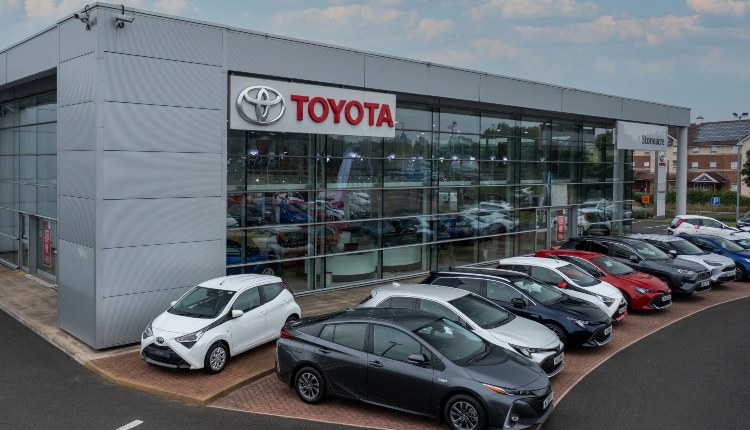
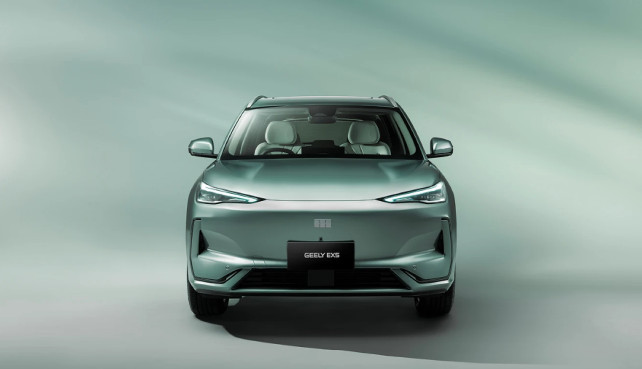
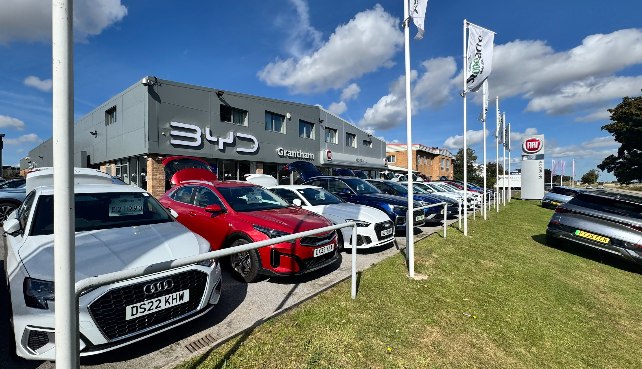
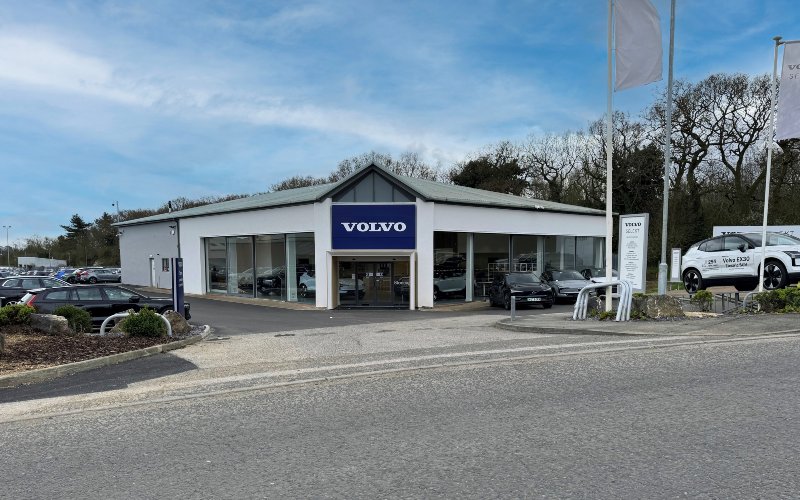

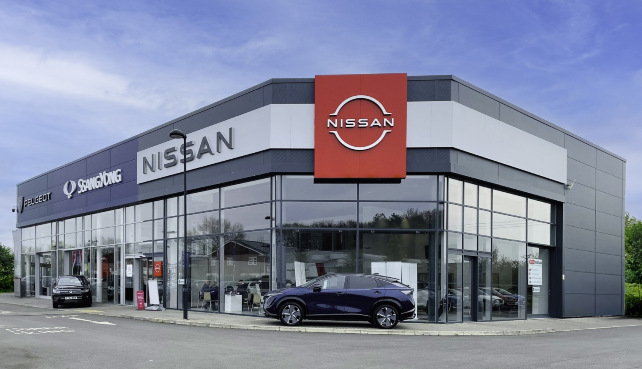




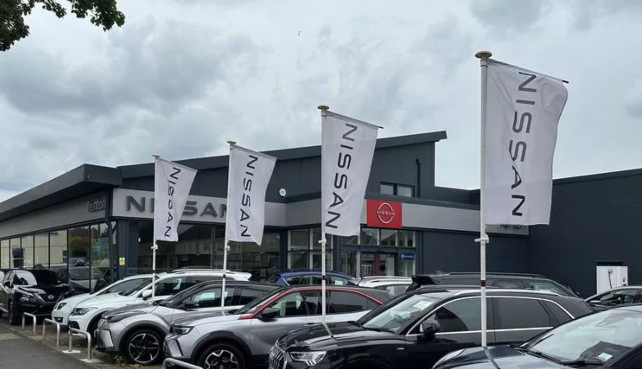
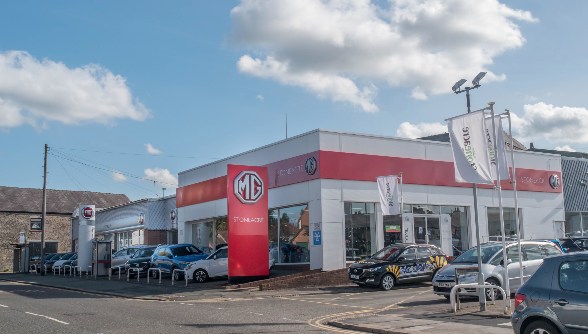
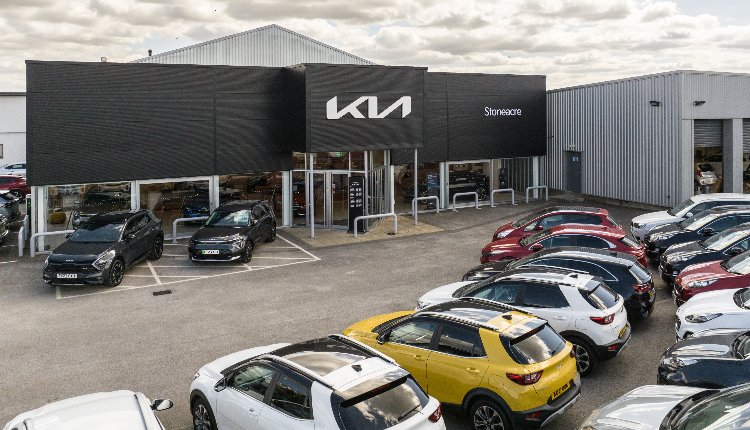


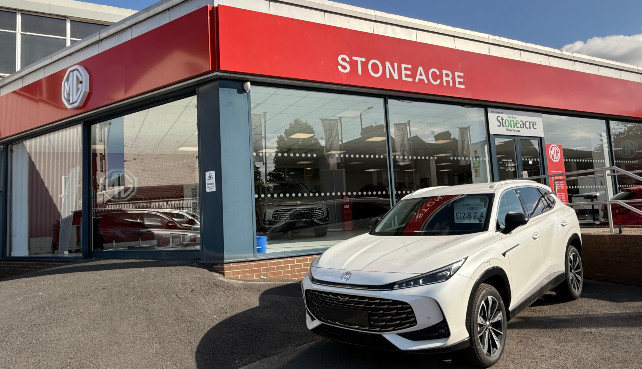

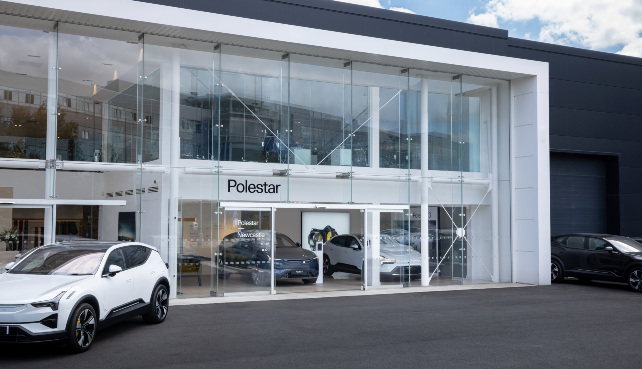
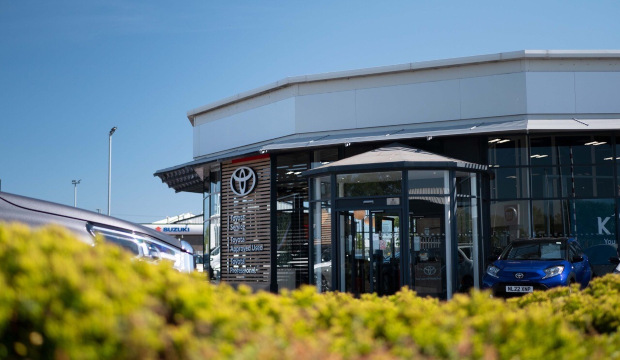
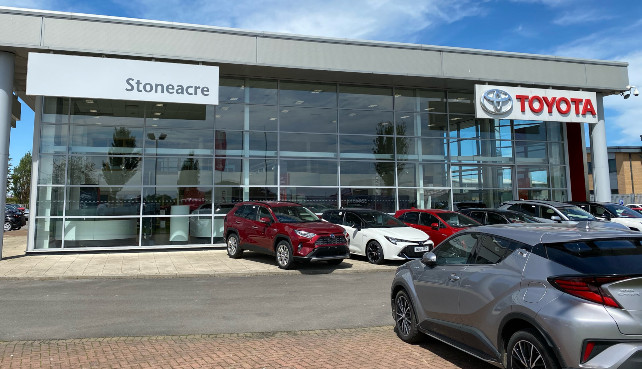

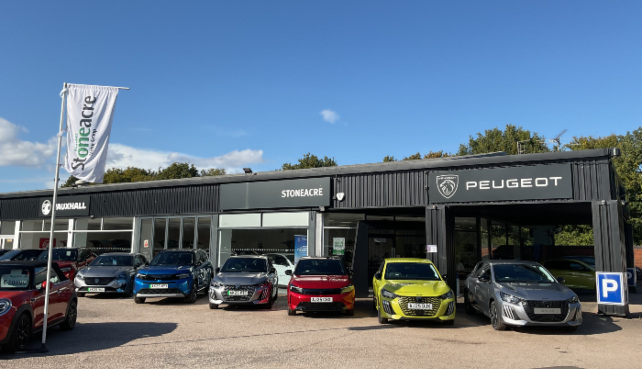


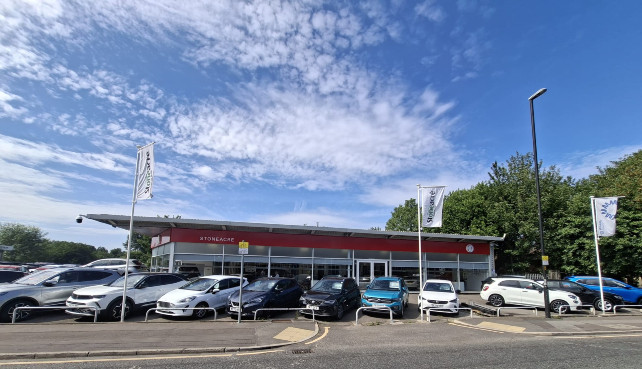




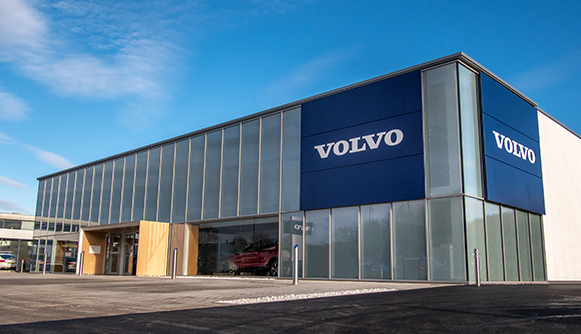
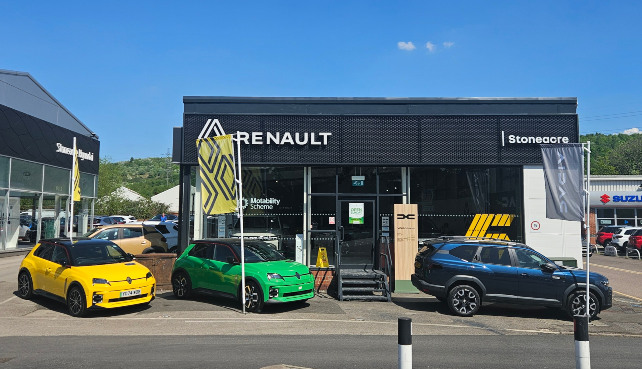
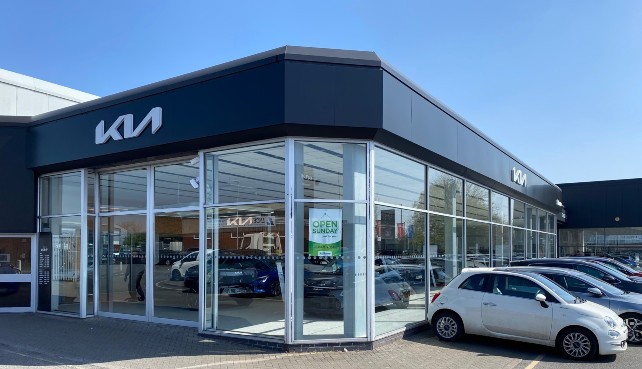

.jpg)
